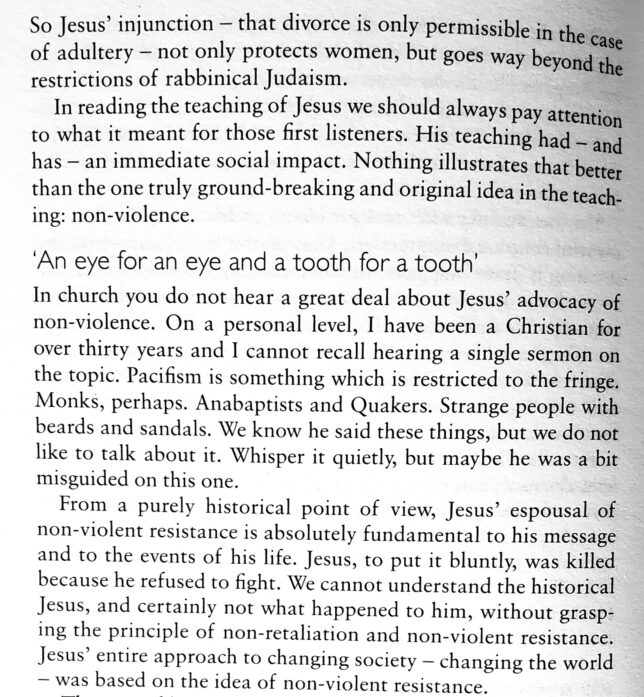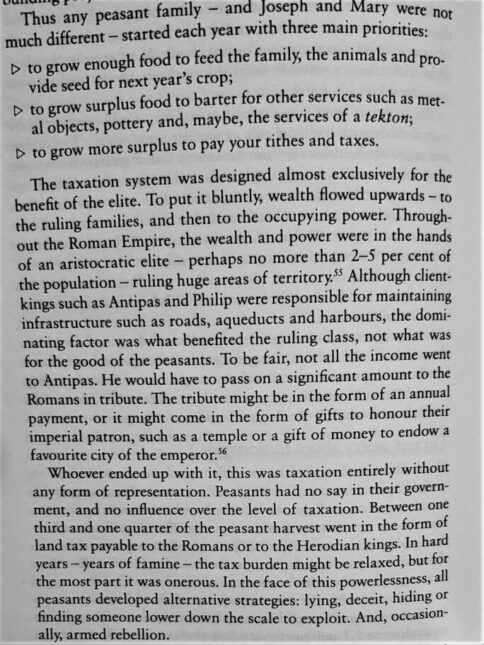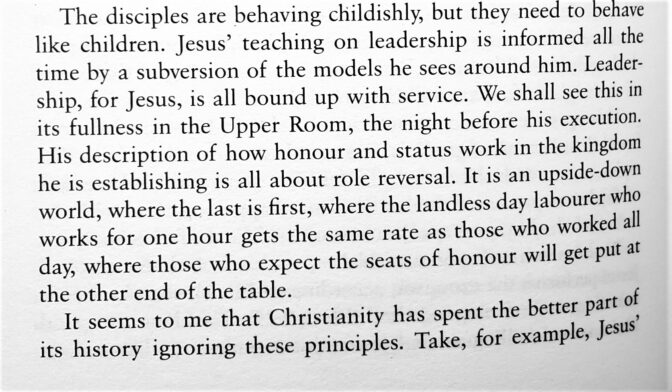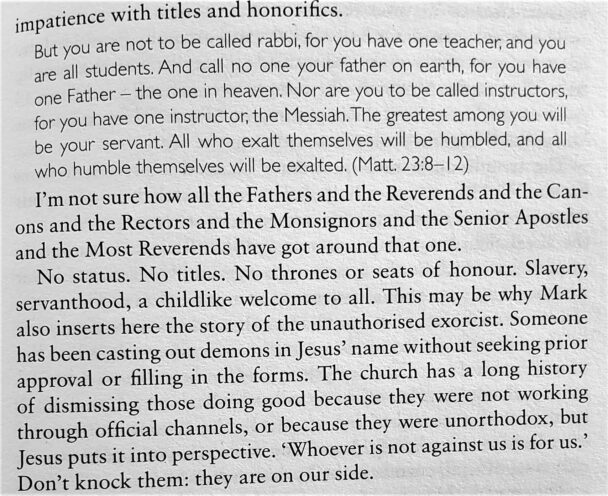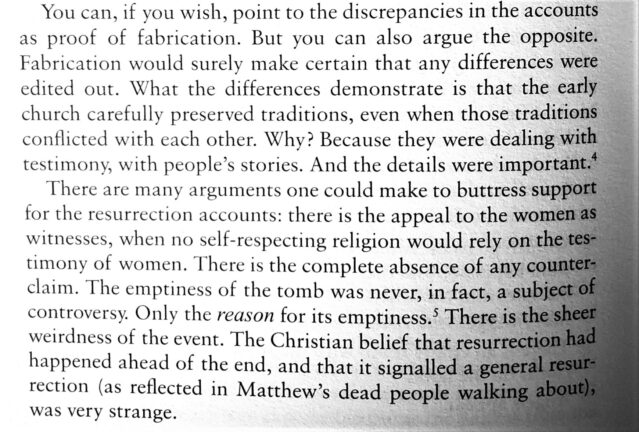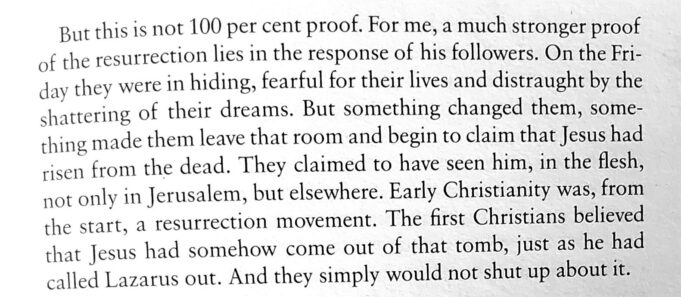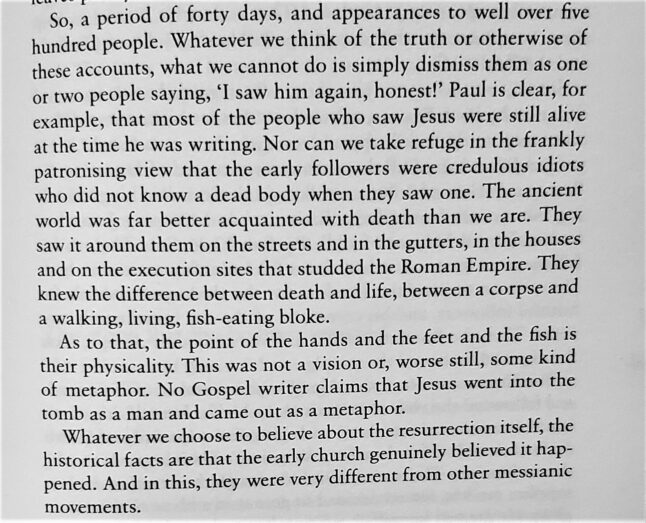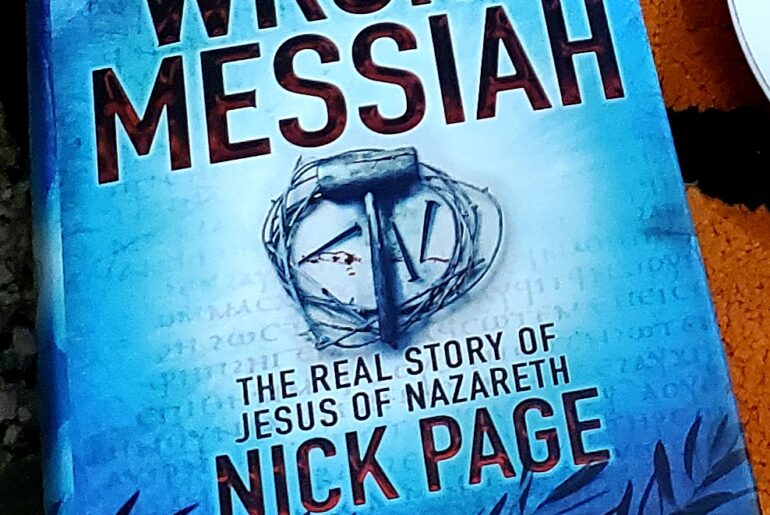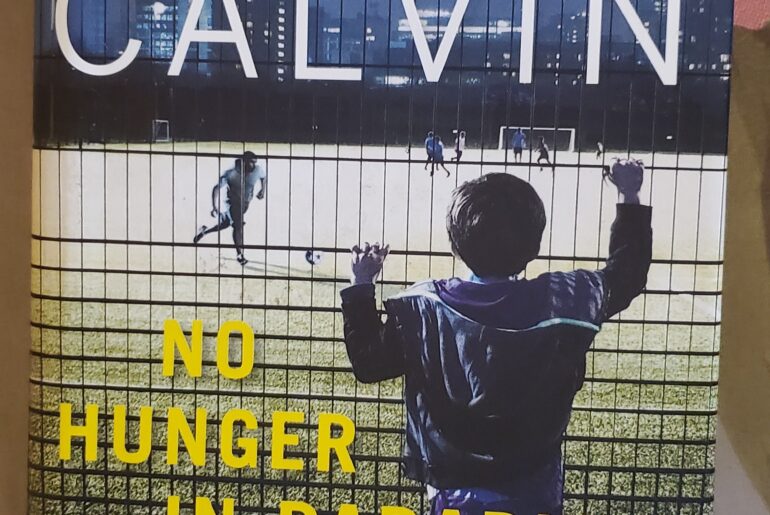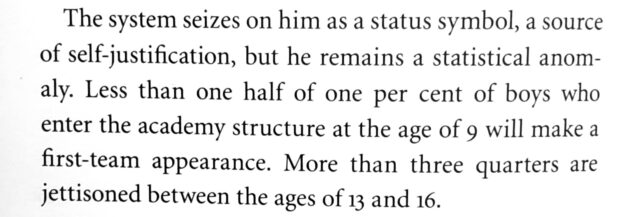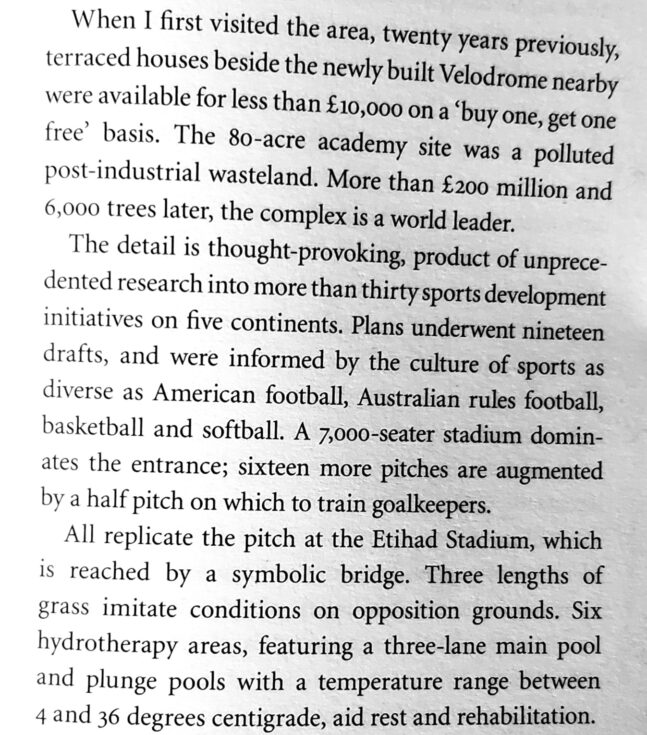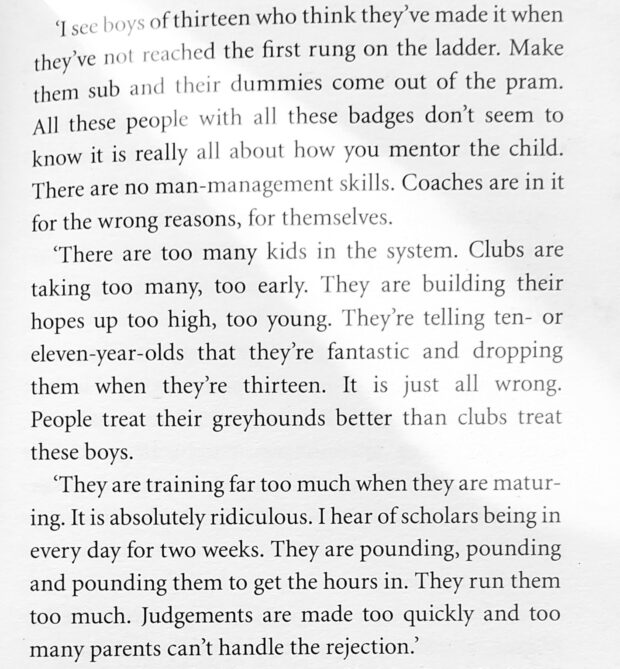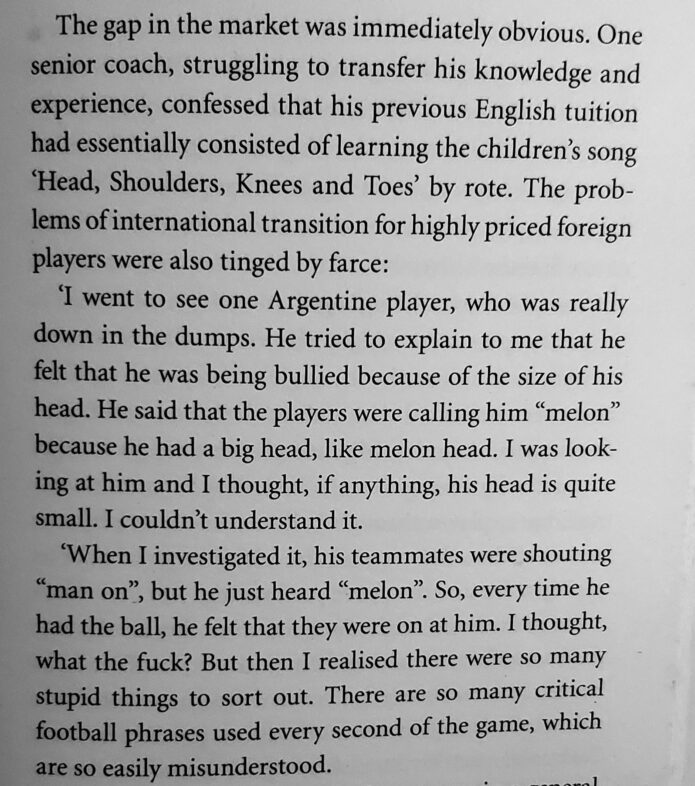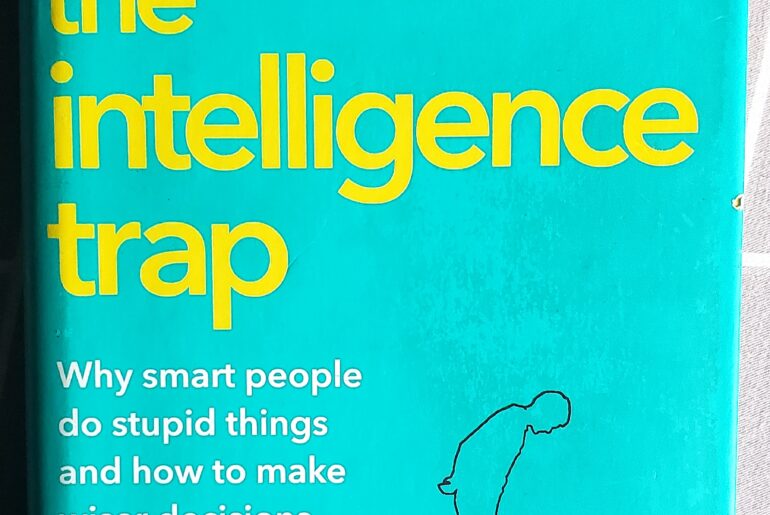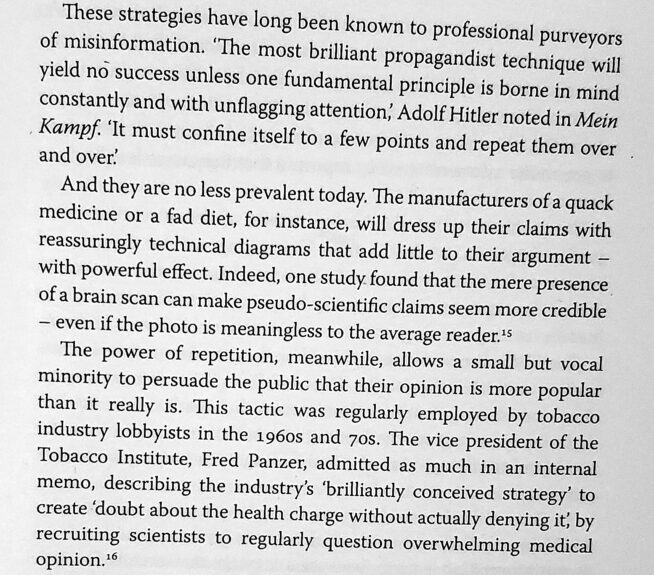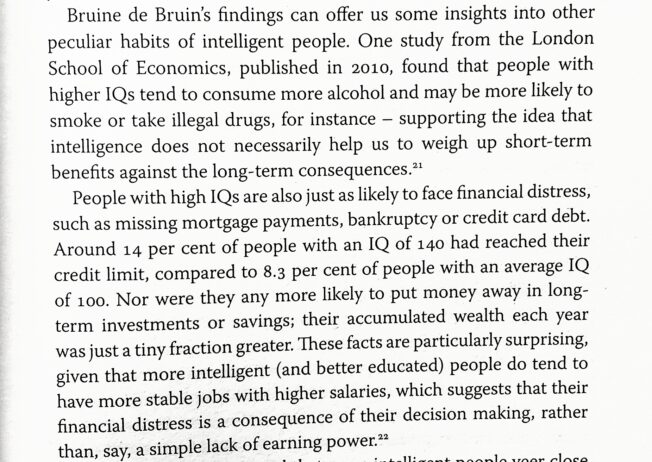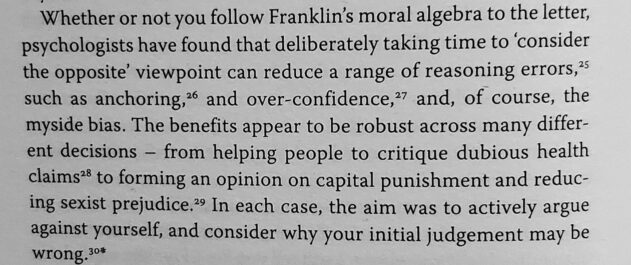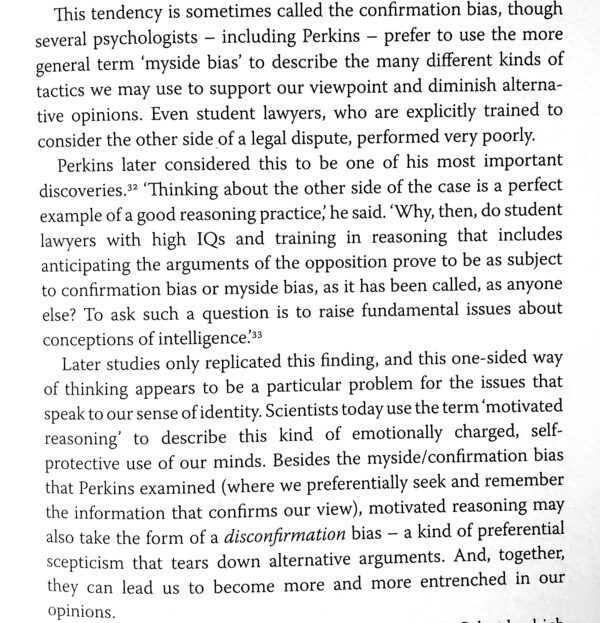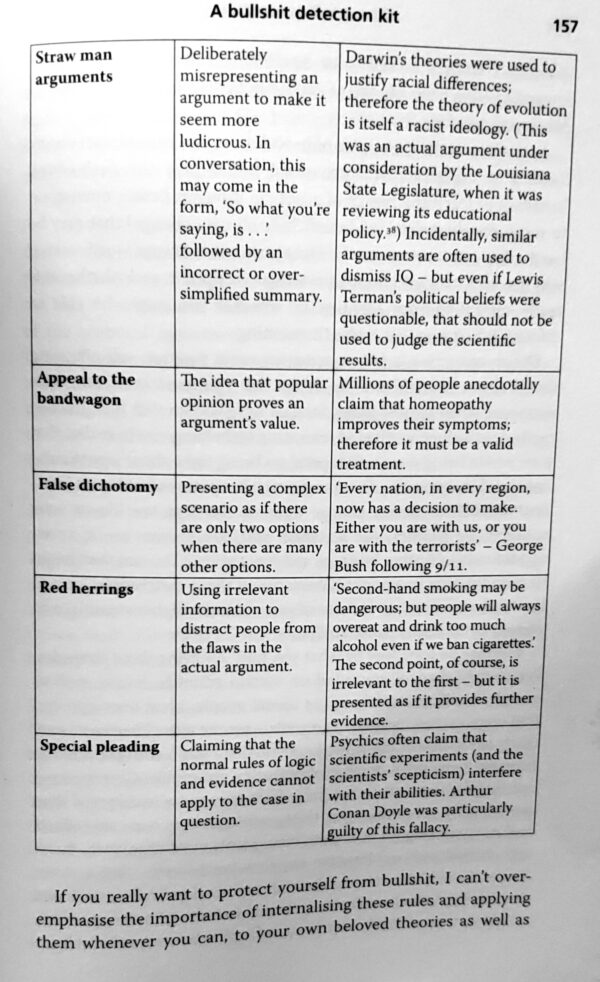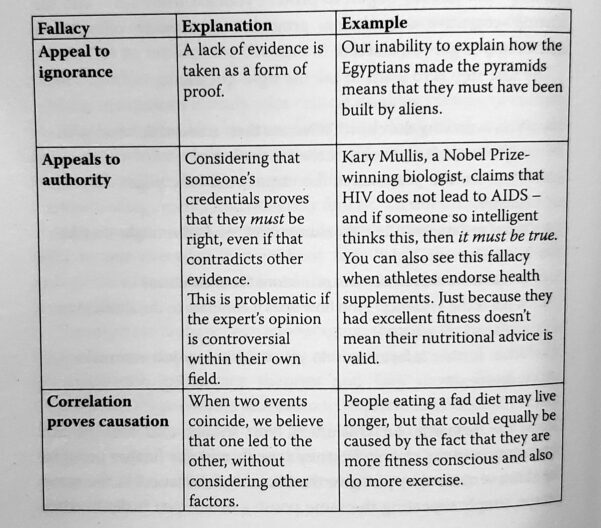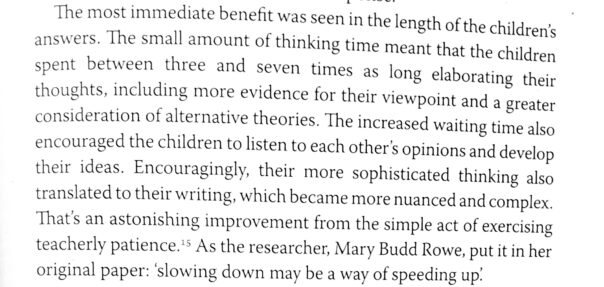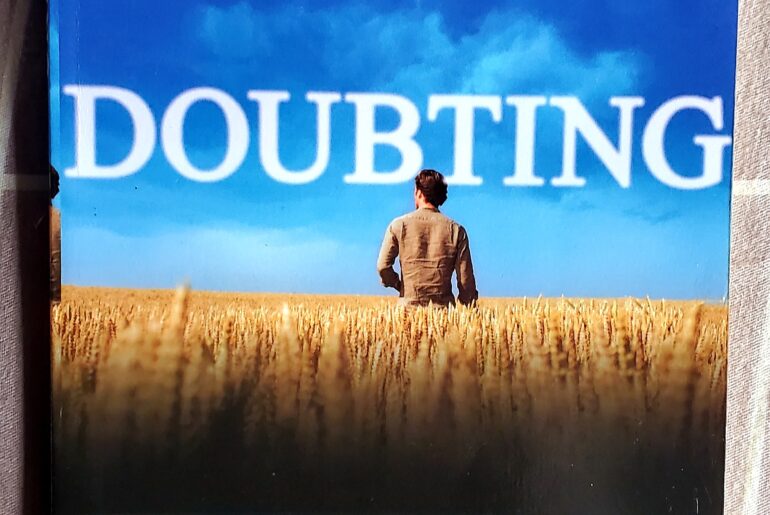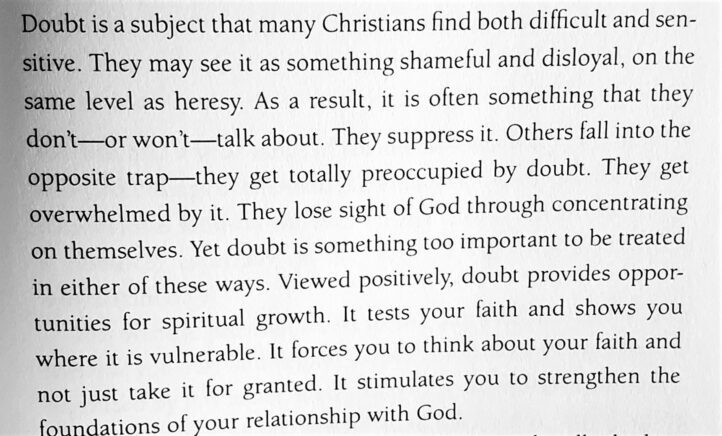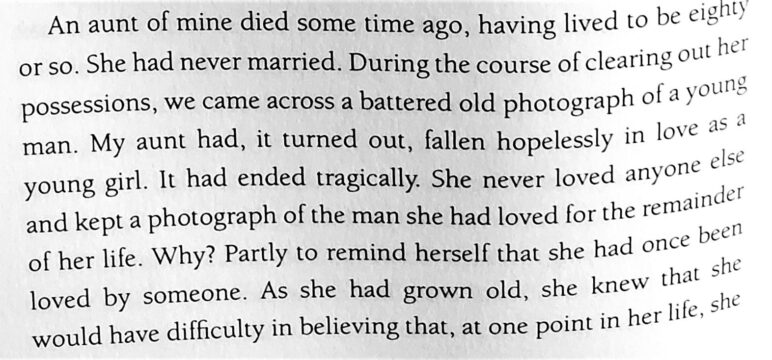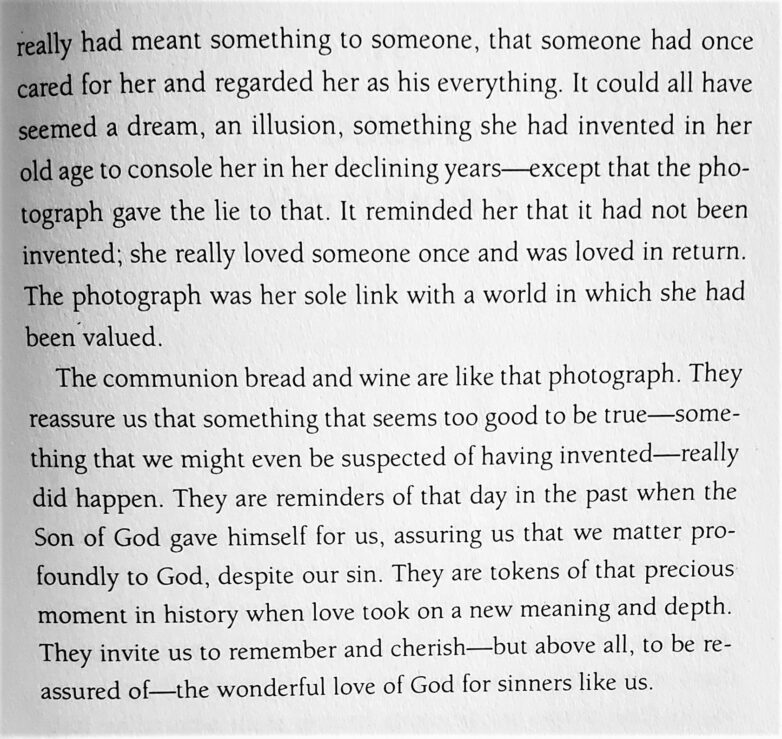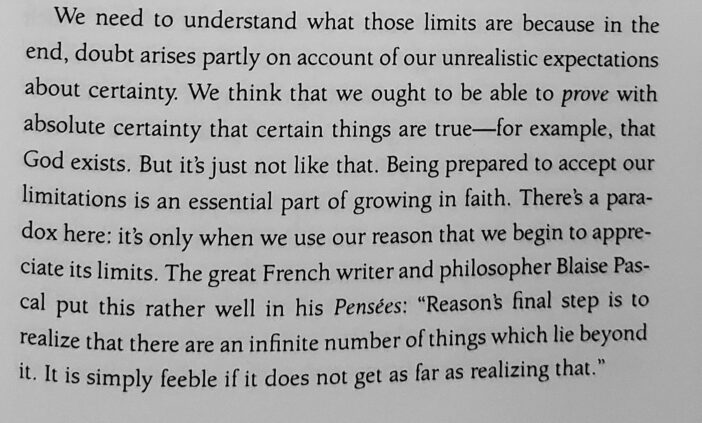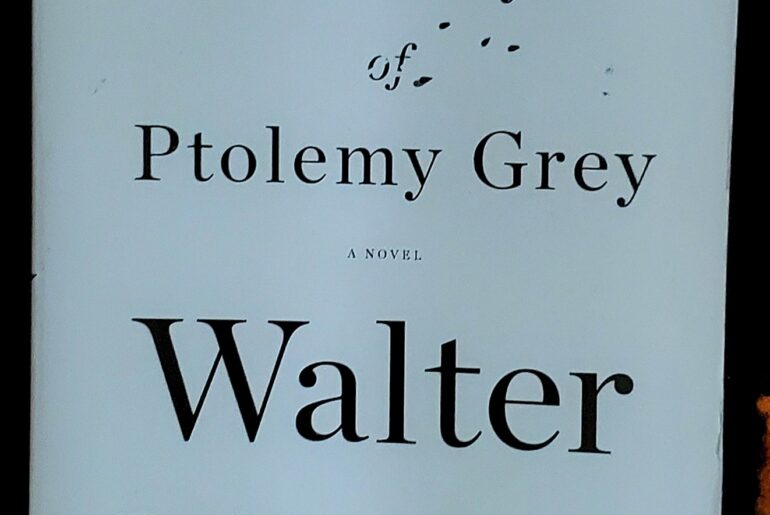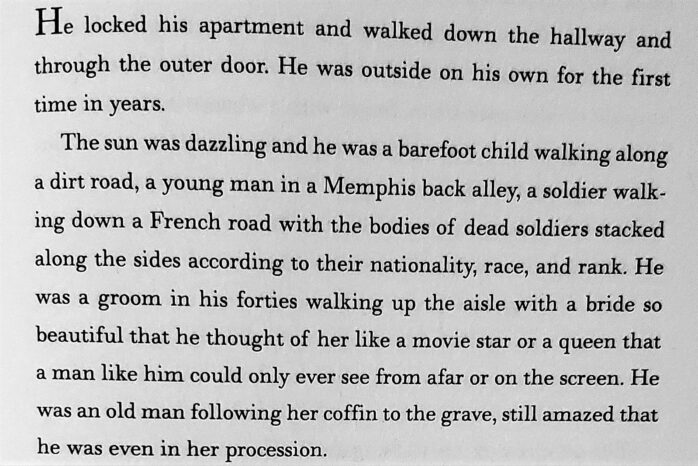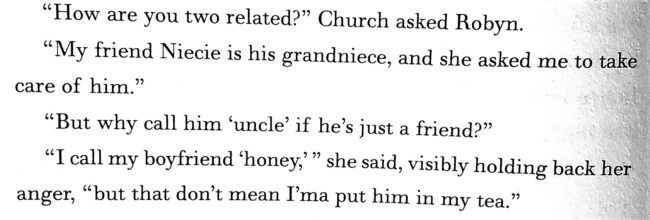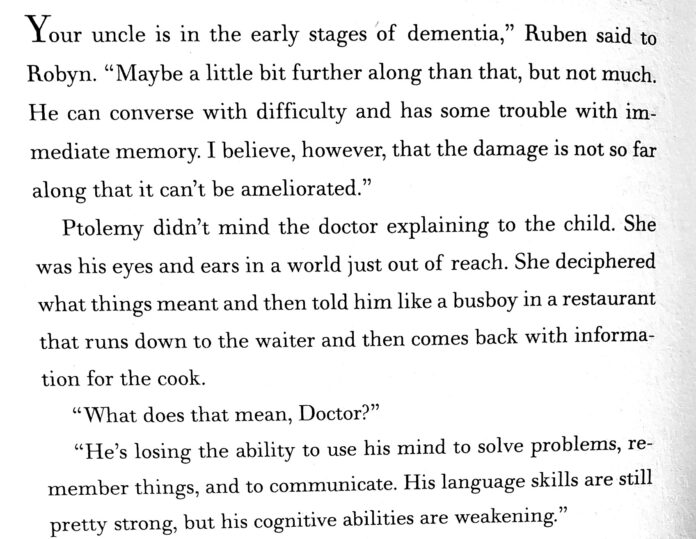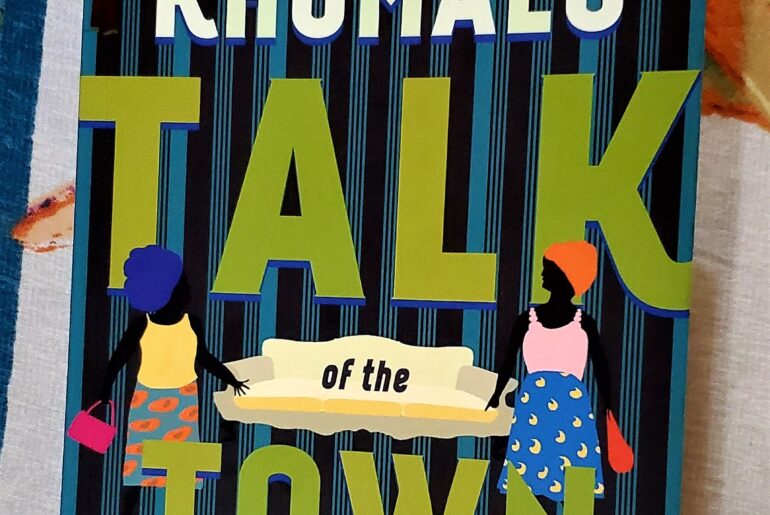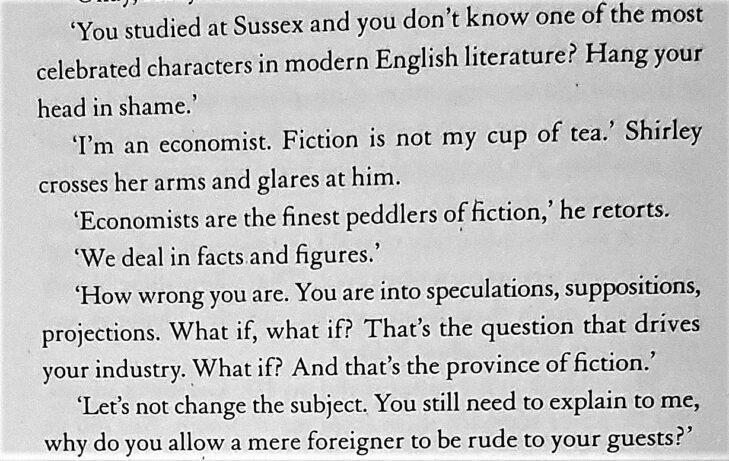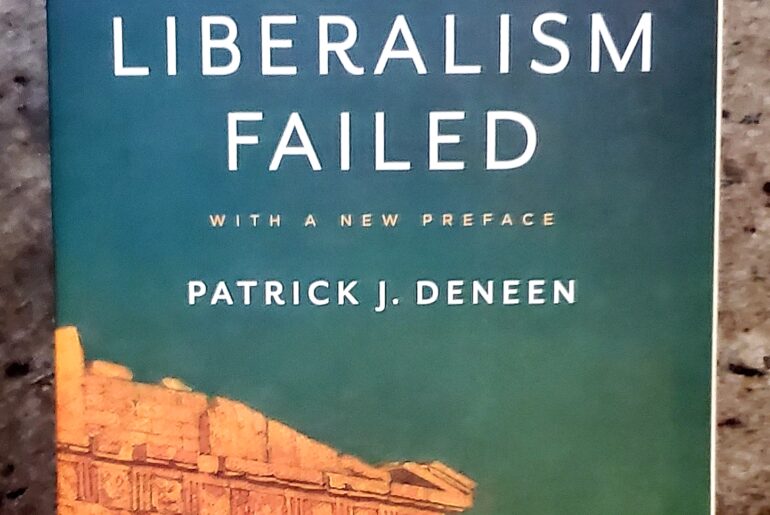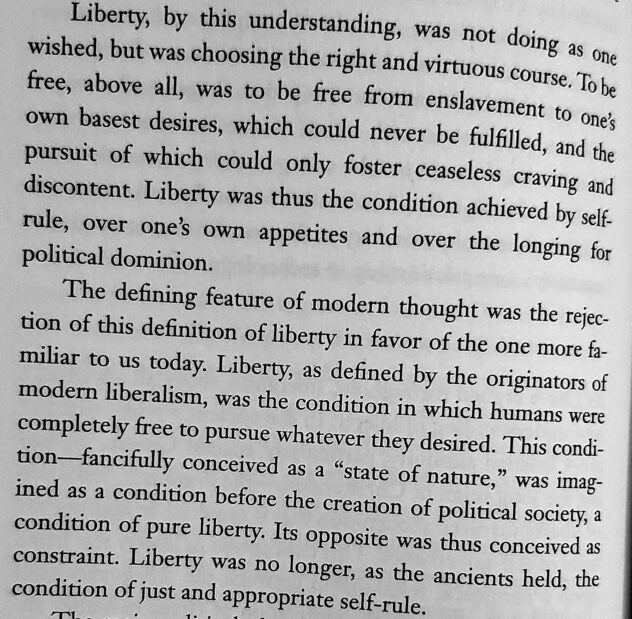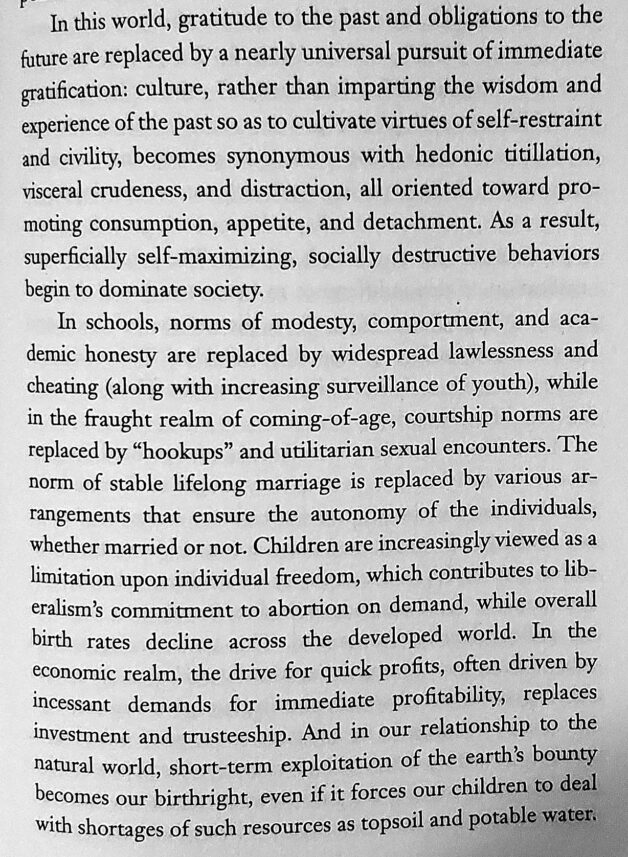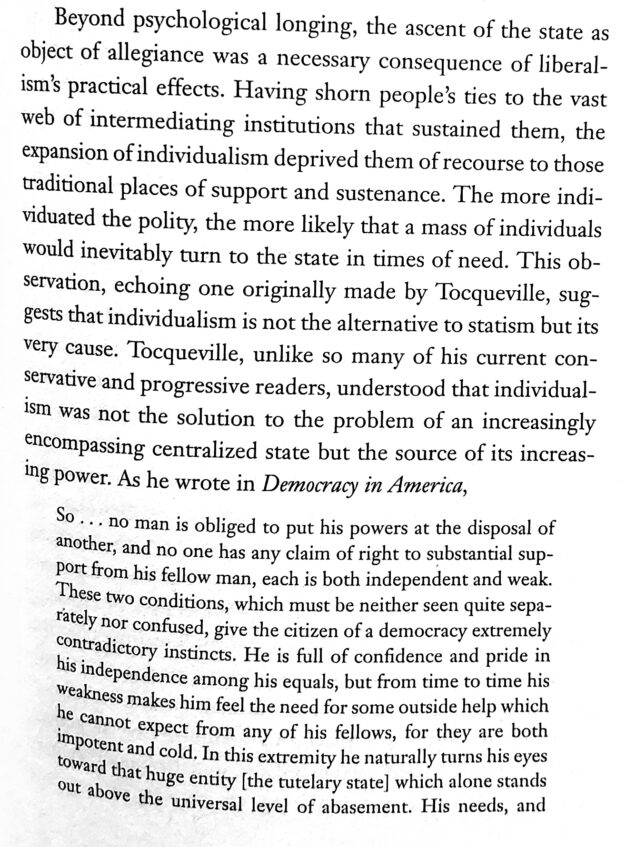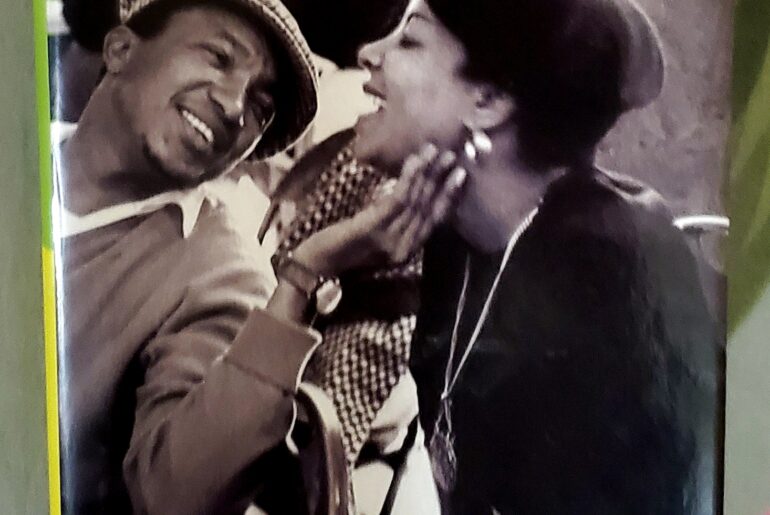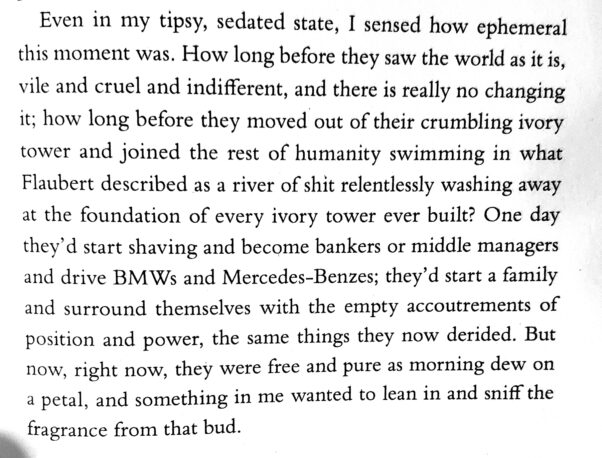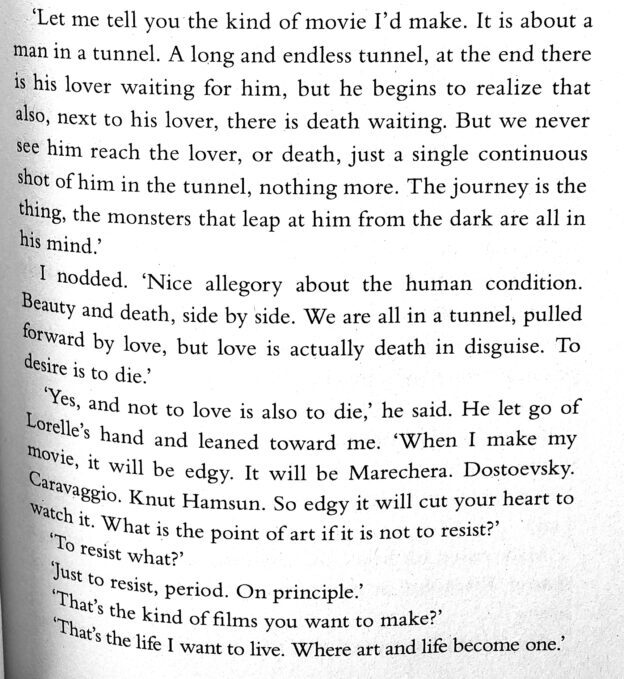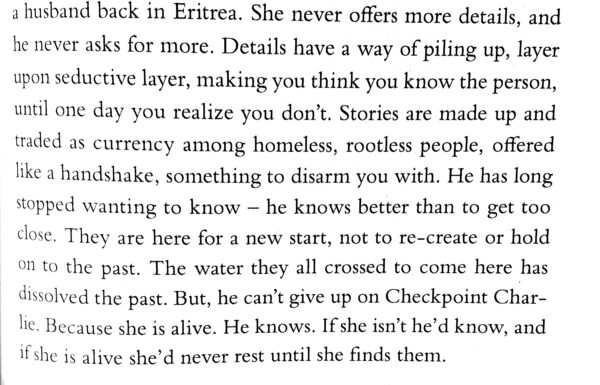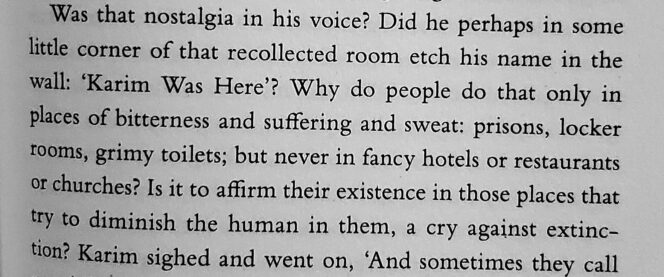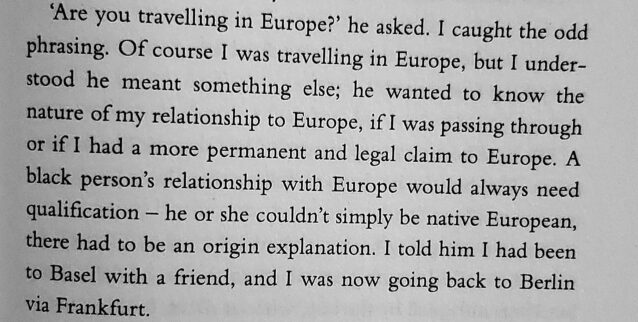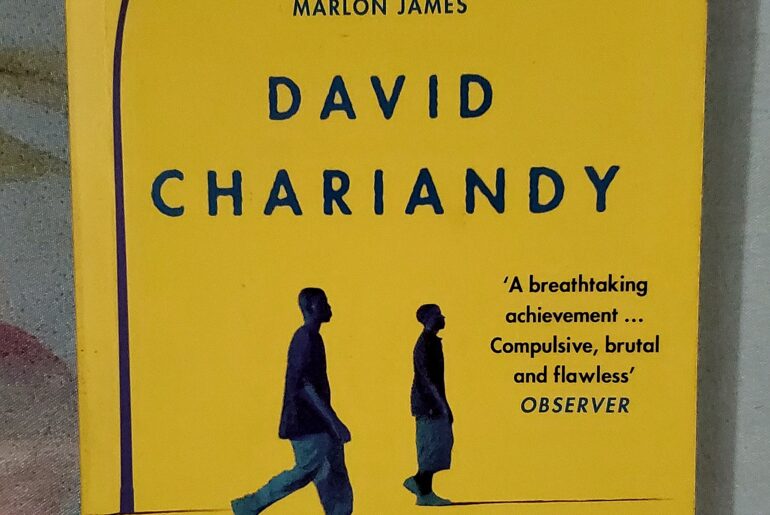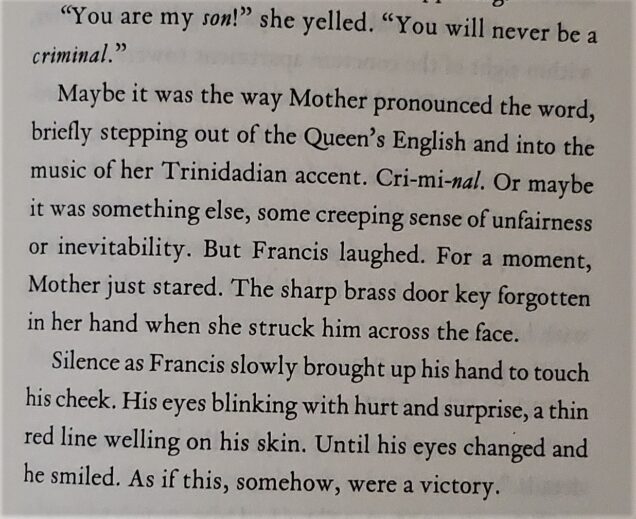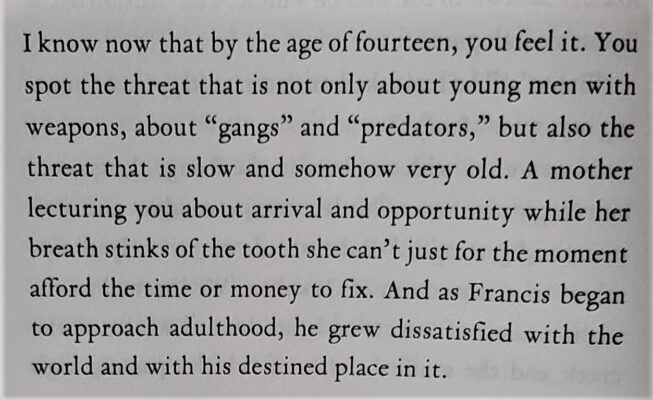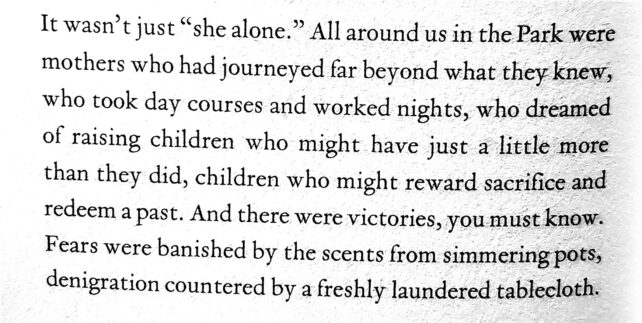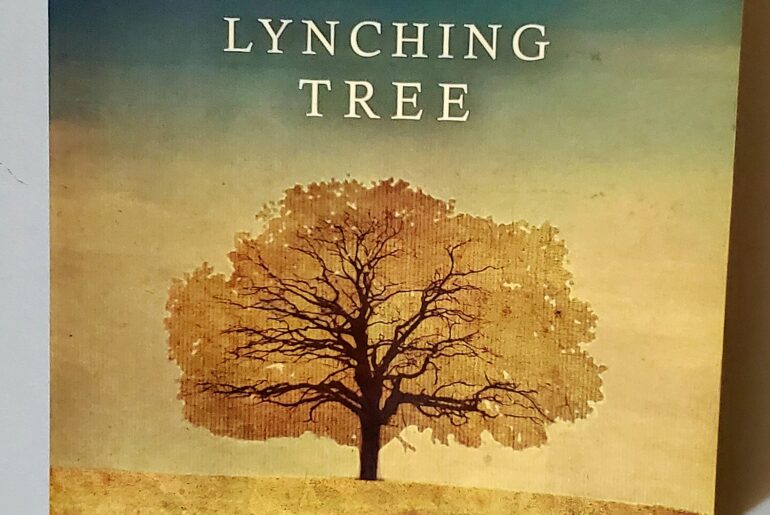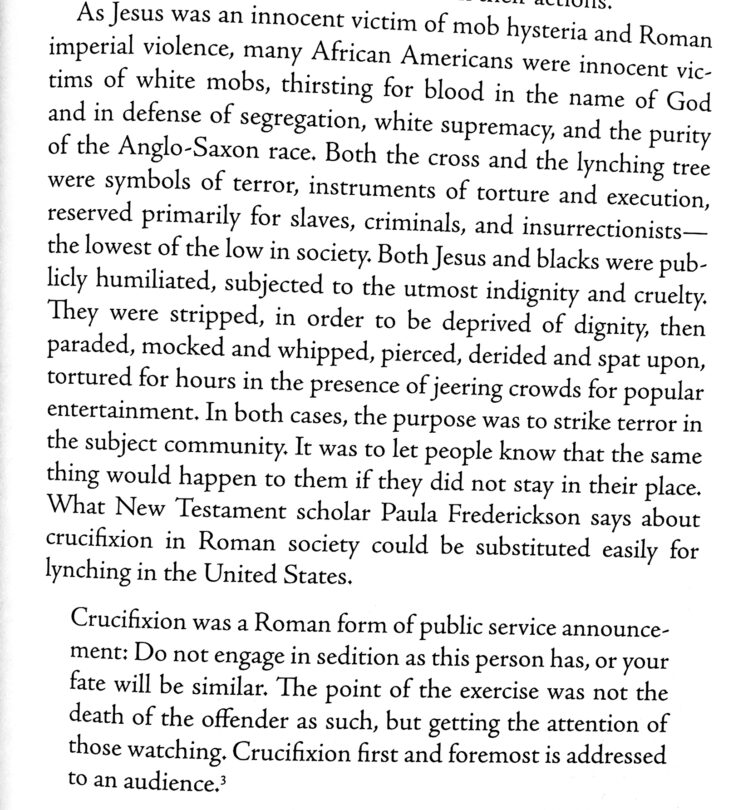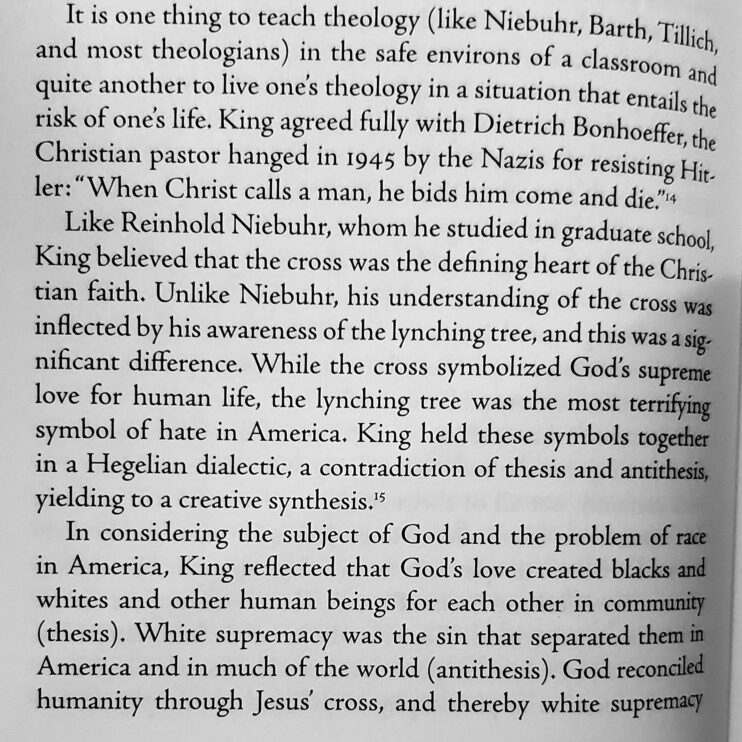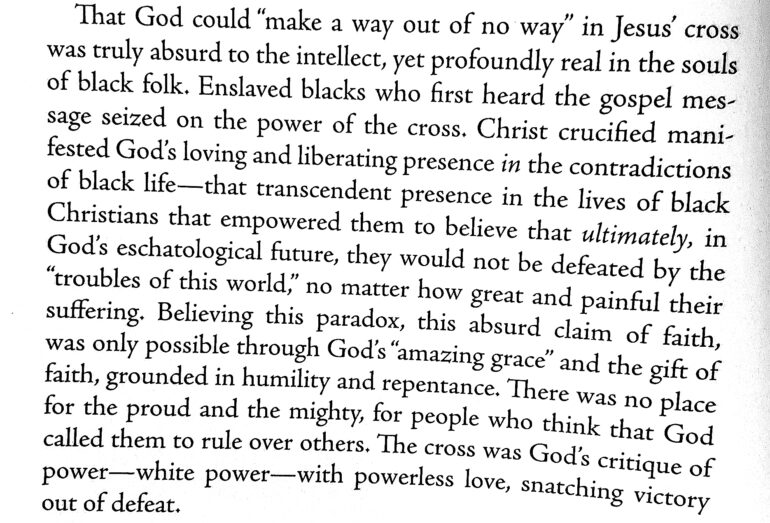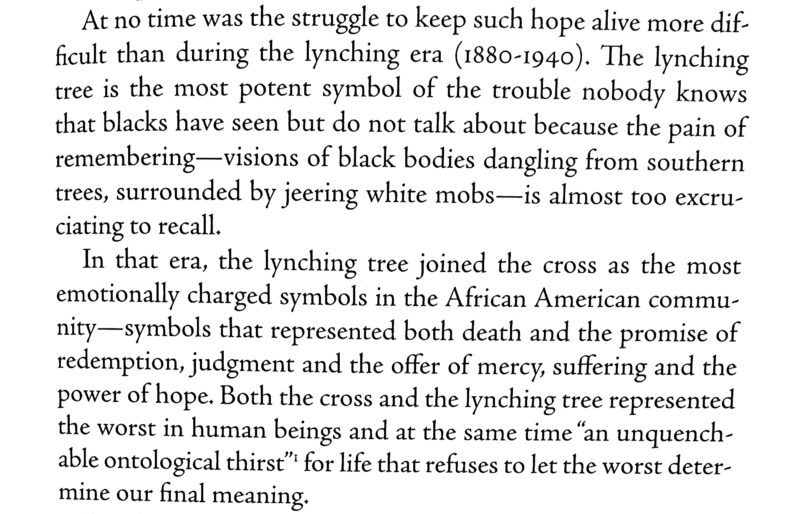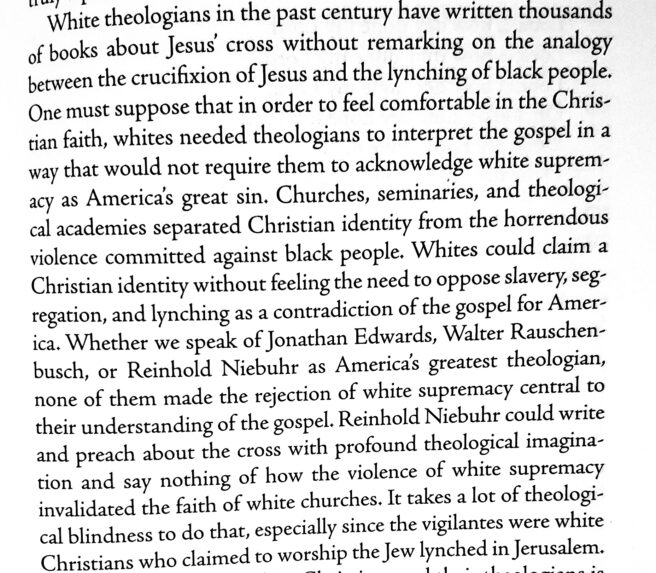Every time I see a Nick Page book on my bookshelves, I am reminded of a long-lasting desire of mine to share a couple of pints in a pub with him. It is a desire that started when I read A Nearly Infallible History of Christianity. It was such a breezy, insightful and enlightening piece of history that I imagined him feeding my curiosity over a few bottles. After reading The Wrong Messiah, my longing for that pub hangout has only heightened. I am officially a Nick Page stan! He has this rare ability to relate history, be it that of the early church or the Christian faith itself and relate it with so much dry wit, extensive research and relative objectivity that leaves you curious and your faith strengthened at the same time. All of these and more he has done in The Wrong Messiah.
In The Wrong Messiah, Nick Page explores the birth, life (ministry) and a little bit of the death of Jesus Christ of Nazareth. While none of these topics is new, the approach is what makes for a refreshing read. The approach reminds me of the famous N.T. Wright quote – ”For too long we have read Scripture with 19th-century eyes and 16th-century questions. It’s time to get back to reading with first first-century eyes and 21st-century questions”. The Wrong Messiah does a good job of contextualizing the gospel narratives in their correct context – 1st century Israel. The juxtaposition of a living scripture in the context of the world where it happened yields plausible answers to some of the vexing questions of its authenticity, relevance and plausible contradictions. The Wrong Messiah does not seek to provide an answer to all questionable aspects of the gospels. It actually makes no such attempt. Rather what it does is to highlight extensively why Jesus was the wrong man, from the wrong town and even used wrong methods in pursuing his messiahship. Everything about him was contrary to what the Jews expected of a messiah. A peasant, who preached forgiveness instead of wielding the sword, one who stopped low to accommodate and validate sinners while forgiving their sins and one who sought to serve rather than be served was not what they had in mind for a messiah. More importantly, after dying his band of followers were suddenly energized to not just preach his message but were energized enough to live new lives while no plausible reason could explain his empty tomb giving credence to their assertion that he had resurrected from the grave.
The wrongness of his messiahship within the first-century Jewish traditions is understandable. More importantly, it makes the events and the claims of the early church more profound. With extensive research (and a good dose of references to the work of Flavius Josephus), Nick Page makes a good case for the historicity of Jesus and in highlighting the wrongness of Christ’s messiahship within the 1st-century context, echoes the scripture that states that ”the stone the builders rejected has become the cornerstone”. Two thousand years later, the kingdom that the stone established is still waxing strong. Excellent read!
4.1/5